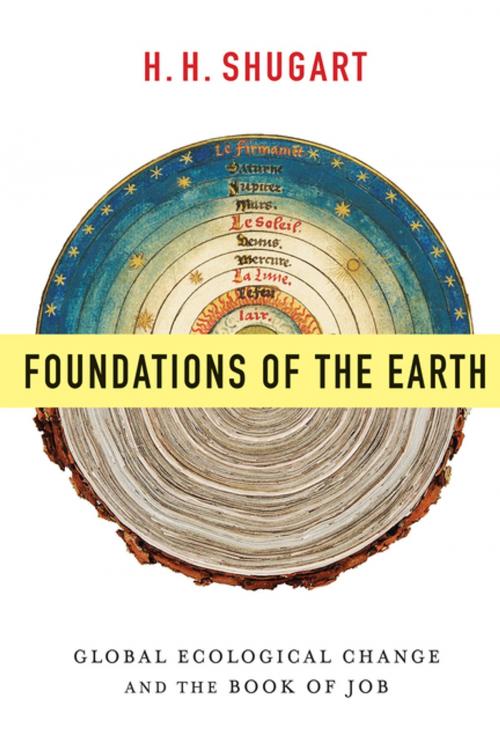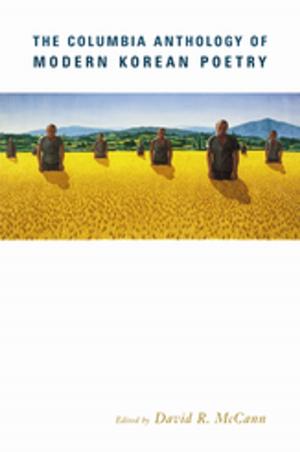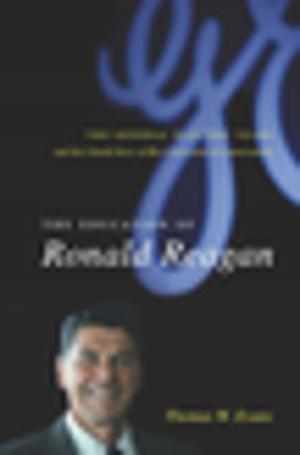Foundations of the Earth
Global Ecological Change and the Book of Job
Nonfiction, Science & Nature, Science, Biological Sciences, Ecology, Environmental Science| Author: | H.H. Shugart | ISBN: | 9780231537698 |
| Publisher: | Columbia University Press | Publication: | July 8, 2014 |
| Imprint: | Columbia University Press | Language: | English |
| Author: | H.H. Shugart |
| ISBN: | 9780231537698 |
| Publisher: | Columbia University Press |
| Publication: | July 8, 2014 |
| Imprint: | Columbia University Press |
| Language: | English |
"Where were you when I laid the foundation of the earth?" God asks Job in the "Whirlwind Speech," but Job cannot reply. This passage—which some environmentalists and religious scholars treat as a "green" creation myth—drives renowned ecologist H. H. Shugart's extraordinary investigation, in which he uses verses from God's speech to Job to explore the planetary system, animal domestication, sea-level rise, evolution, biodiversity, weather phenomena, and climate change.
Shugart calls attention to the rich resonance between the Earth's natural history and the workings of religious feeling, the wisdom of biblical scripture, and the arguments of Bible ethicists. The divine questions that frame his study are quintessentially religious, and the global changes humans have wrought on the Earth operate not only in the physical, chemical, and biological spheres but also in the spiritual realm. Shugart offers a universal framework for recognizing and confronting the global challenges humans now face: the relationship between human technology and large-scale environmental degradation, the effect of invasive species on the integrity of ecosystems, the role of humans in generating wide biotic extinctions, and the future of our oceans and tides.
"Where were you when I laid the foundation of the earth?" God asks Job in the "Whirlwind Speech," but Job cannot reply. This passage—which some environmentalists and religious scholars treat as a "green" creation myth—drives renowned ecologist H. H. Shugart's extraordinary investigation, in which he uses verses from God's speech to Job to explore the planetary system, animal domestication, sea-level rise, evolution, biodiversity, weather phenomena, and climate change.
Shugart calls attention to the rich resonance between the Earth's natural history and the workings of religious feeling, the wisdom of biblical scripture, and the arguments of Bible ethicists. The divine questions that frame his study are quintessentially religious, and the global changes humans have wrought on the Earth operate not only in the physical, chemical, and biological spheres but also in the spiritual realm. Shugart offers a universal framework for recognizing and confronting the global challenges humans now face: the relationship between human technology and large-scale environmental degradation, the effect of invasive species on the integrity of ecosystems, the role of humans in generating wide biotic extinctions, and the future of our oceans and tides.















